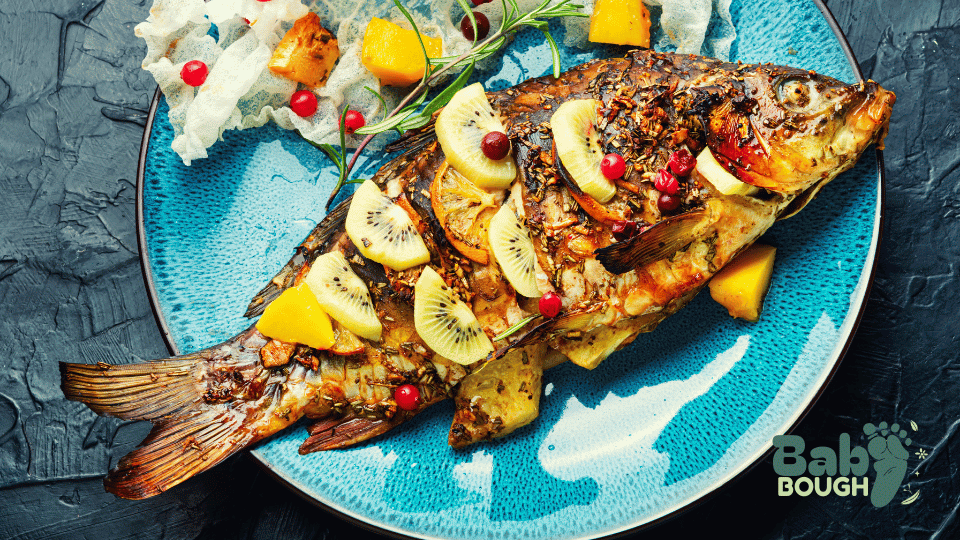
The instant you find out you are pregnant, a flurry of advice—particularly on what to eat—comes your way with the nutrients for a healthy pregnancy. Although a balanced diet is important, today more than ever you need to pay close attention to particular nutrients that are absolutely vital for the growth of your baby. A healthy pregnancy for you and your baby depends on eating the correct nutrition, from minerals guaranteeing strong bones to vitamins supporting neural development.
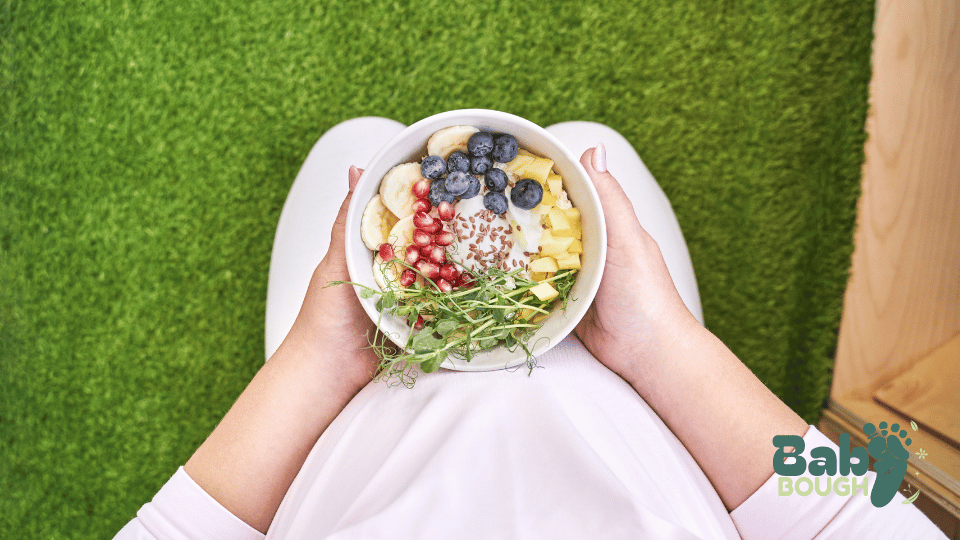
Although your body naturally supports the pregnancy process, making sure you’re eating enough of these must-have minerals and vitamins can help your kid start life in the best possible shape. The basis for appropriate fetal development and growth is nutrients such as folic acid, iron, and calcium; they also help you maintain your own health throughout this transforming period.
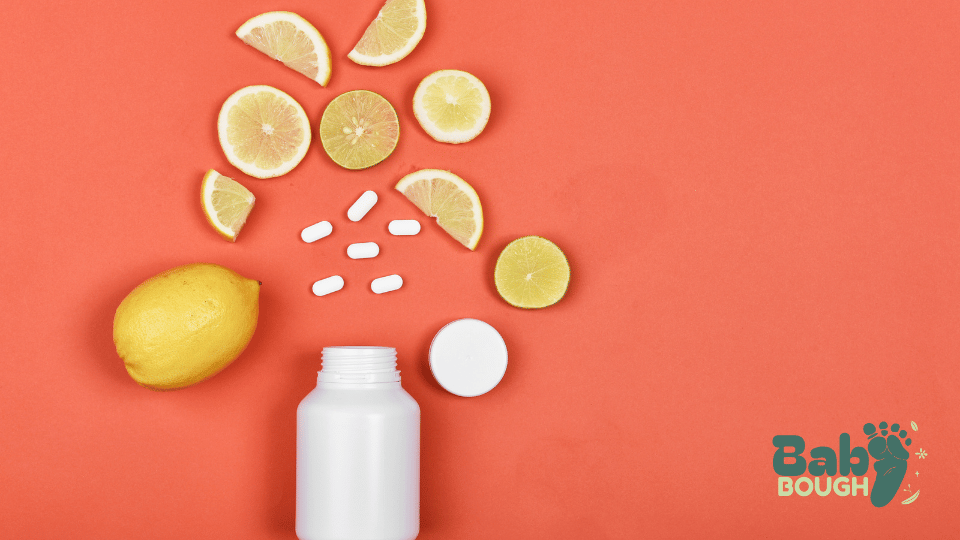
We will discuss the most crucial nutrients you need for a healthy pregnancy in this blog article, together with ideas on how to include them in your diet. Whether you are in your first trimester or almost at the end of your pregnancy, knowing the function of these nutrients can help you make wise, nouraging decisions.
1. Folic Acid: The Powerhouse Nutrient for Neural Development
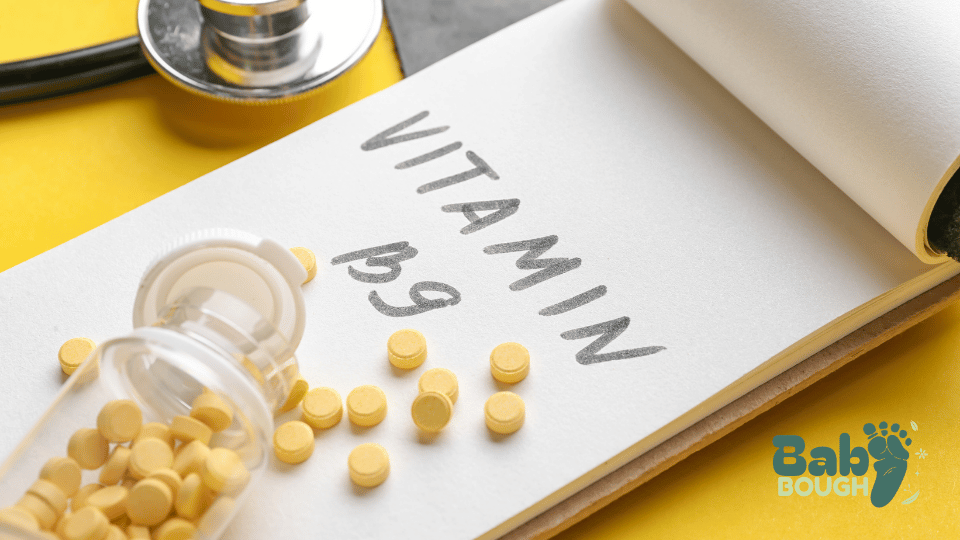
Folic acid, also known as folate when found naturally in foods, is one of the most critical nutrients during pregnancy. This B-vitamin plays a significant role in the early development of your baby’s neural tube, which later forms the brain and spinal cord. Getting enough folic acid is crucial to reduce the risk of neural tube defects, such as spina bifida.
Health experts recommend that pregnant women take at least 400-800 micrograms of folic acid daily, starting even before conception and continuing through the first trimester. In fact, many prenatal vitamins contain this amount to ensure you’re getting the proper dosage.
How to Incorporate Folic Acid into Your Diet:
- Leafy Greens: Spinach, kale, and romaine lettuce are rich in folate.
- Citrus Fruits: Oranges and grapefruit are excellent sources of folic acid.
- Fortified Grains: Many breads, cereals, and pastas are fortified with folic acid.
- Legumes: Lentils, beans, and peas provide a natural source of folate.
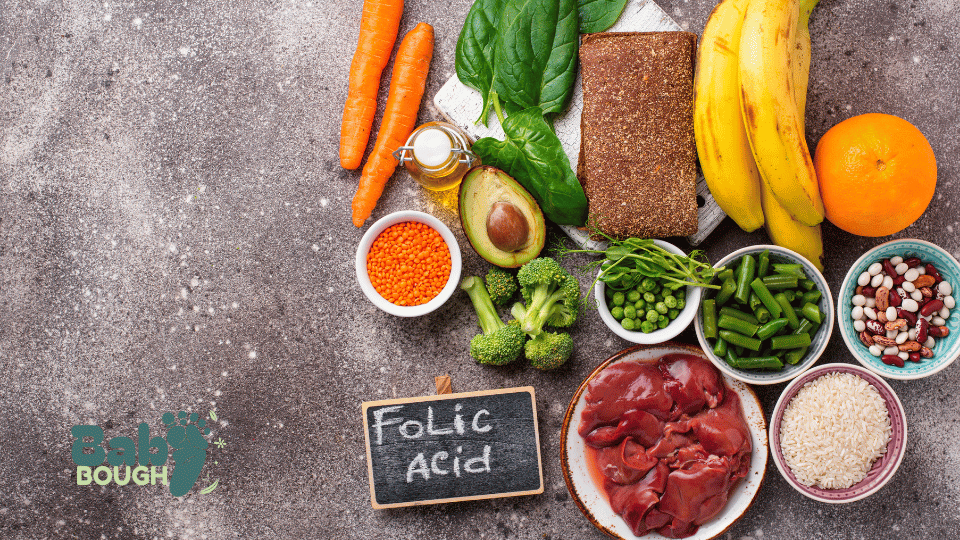
Taking a prenatal vitamin that contains folic acid is also recommended, especially during the first trimester when the baby’s neural development is at its peak.
Learn more about folic acid and its role in pregnancy.
2. Iron: Supporting Blood Flow for Mom and Baby.
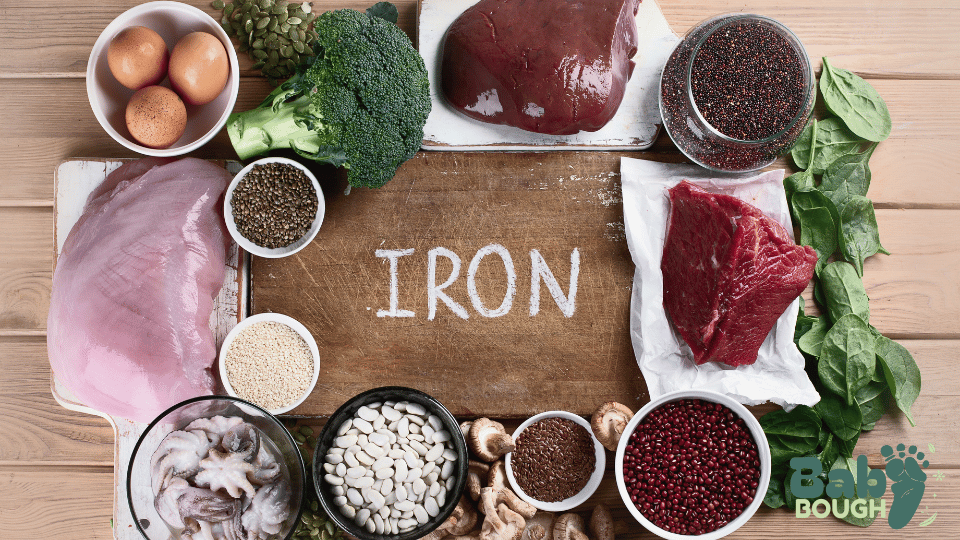
Iron is another must-have nutrient during pregnancy, as it’s essential for producing hemoglobin, the protein in red blood cells that carries oxygen throughout your body. During pregnancy, your blood volume increases to support your growing baby, which means your iron needs also rise. Without enough iron, you can develop anemia, a condition that leaves you feeling tired and weak and can increase the risk of premature birth or low birth weight.
Pregnant women need about 27 milligrams of iron daily, which is almost double the amount needed when not pregnant. Fortunately, iron can be found in both plant-based and animal-based foods, though iron from animal sources is more easily absorbed by the body.
How to Incorporate Iron into Your Diet:
- Lean Red Meat: Beef and lamb are rich in easily absorbed iron.
- Poultry: Chicken and turkey also provide good amounts of iron.
- Plant-Based Options: Lentils, beans, and spinach contain iron, but pairing them with vitamin C-rich foods (like citrus fruits or bell peppers) can enhance absorption.
- Fortified Cereals: Many breakfast cereals are fortified with iron.
If your doctor detects low iron levels during pregnancy, they may recommend an iron supplement to ensure you’re getting enough of this important nutrient.
More on iron requirements during pregnancy.
3. Calcium: Building Strong Bones for Baby (and Protecting Yours!)
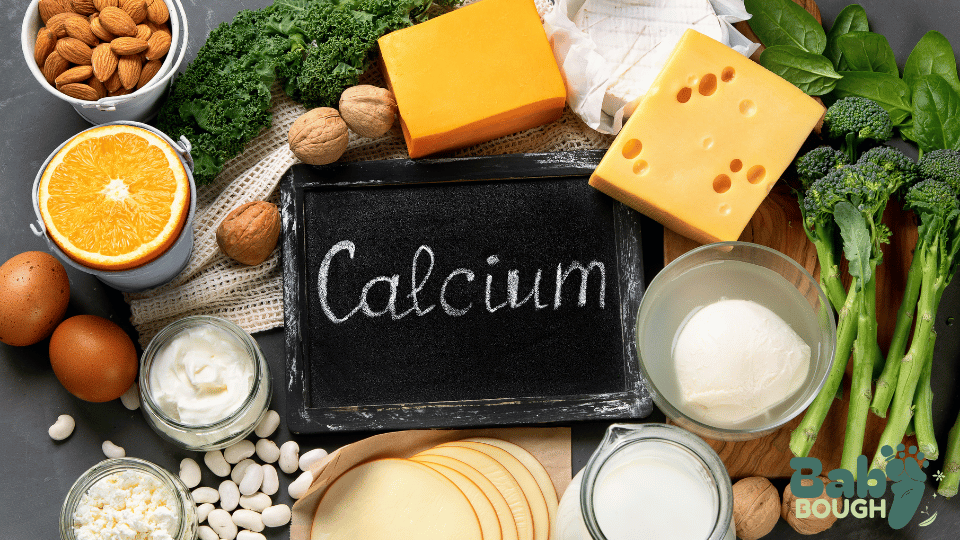
Calcium is essential for building your baby’s bones, teeth, heart, and muscles. While your baby is developing, they will draw calcium from your own body, so it’s important to ensure you’re getting enough to meet both your needs and your baby’s. If you’re not consuming enough calcium, your body will start taking it from your bones, which can weaken them and increase the risk of osteoporosis later in life.
The recommended calcium intake for pregnant women is around 1,000 milligrams per day, and it can be easily met through a combination of dietary sources and prenatal vitamins.
How to Incorporate Calcium into Your Diet:
- Dairy Products: Milk, cheese, and yogurt are excellent sources of calcium.
- Leafy Greens: Kale, broccoli, and bok choy are plant-based sources of calcium.
- Fortified Plant Milks: Almond milk, soy milk, and other plant-based milk alternatives are often fortified with calcium.
- Tofu: Some brands of tofu are fortified with calcium and are a great option for plant-based diets.
It’s important to note that your body can only absorb a certain amount of calcium at a time, so try to spread your intake throughout the day rather than consuming it all at once.
The importance of calcium during pregnancy.
4. Omega-3 Fatty Acids: Supporting Brain and Eye Development

Omega-3 fatty acids, particularly DHA (docosahexaenoic acid), are essential for your baby’s brain and eye development. These healthy fats are primarily found in fish, but they can also be obtained through supplements and certain plant-based foods. Studies have shown that adequate intake of omega-3s during pregnancy can support cognitive development and reduce the risk of preterm birth.
Pregnant women should aim for about 200-300 milligrams of DHA per day. If you’re not a fan of fish, DHA supplements derived from algae are a great alternative.
How to Incorporate Omega-3 Fatty Acids into Your Diet:
- Fatty Fish: Salmon, sardines, and mackerel are rich in DHA.
- Chia Seeds and Flaxseeds: These plant-based sources provide ALA (alpha-linolenic acid), which your body can convert into DHA, though less efficiently.
- DHA Supplements: Talk to your doctor about taking a DHA supplement, especially if you don’t eat fish.
More on omega-3s and pregnancy.
5. Vitamin D: Promoting Healthy Bones and Immune Function
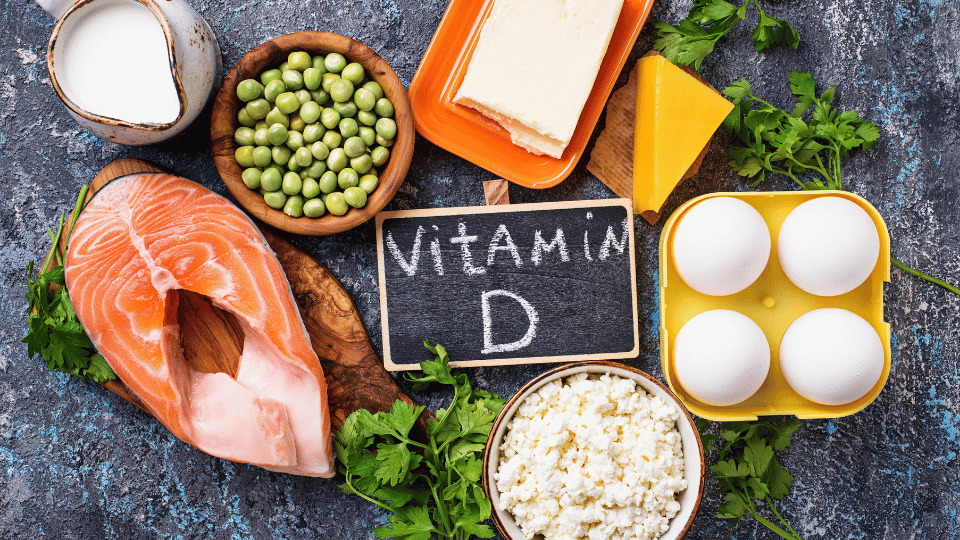
Vitamin D works hand-in-hand with calcium to promote bone health and maintain a strong immune system. It helps your body absorb calcium and supports your baby’s skeletal development. Low levels of vitamin D during pregnancy can lead to complications such as preeclampsia and low birth weight.
Pregnant women should aim for 600 international units (IU) of vitamin D each day. Unfortunately, vitamin D is found in very few foods, so many people, especially those living in colder climates, may need to take a supplement.
How to Incorporate Vitamin D into Your Diet:
- Fatty Fish: Salmon and tuna are great sources of vitamin D.
- Fortified Foods: Many types of milk, orange juice, and cereals are fortified with vitamin D.
- Sun Exposure: Spending some time outdoors in sunlight can help your body naturally produce vitamin D, though you should always protect your skin from overexposure.
The role of vitamin D during pregnancy.
6. Protein: Supporting Your Baby’s Growth
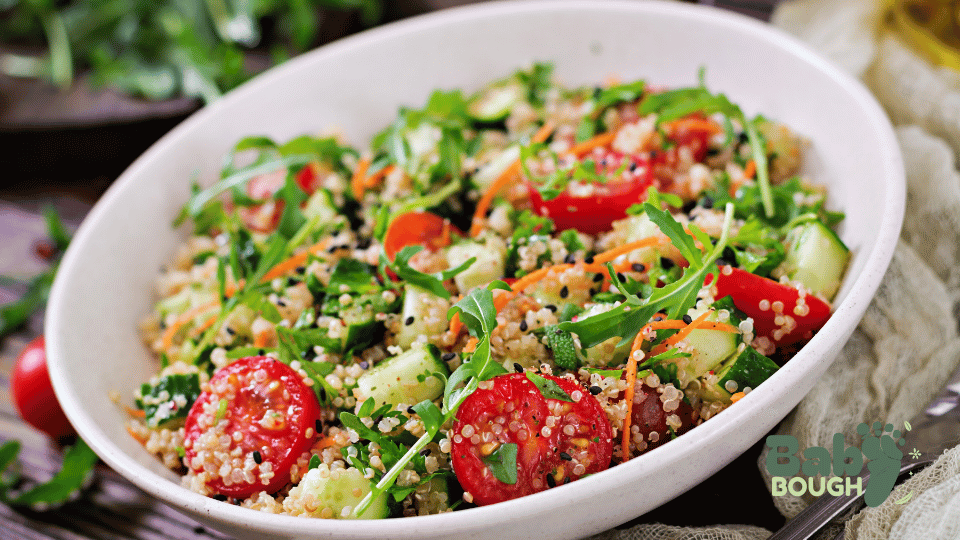
Protein is a key building block for both your baby’s development and your own health during pregnancy. It helps build tissues, muscles, and cells for your baby and supports the growth of your own uterus and placenta. As your pregnancy progresses, your protein needs will increase, with most experts recommending about 75-100 grams per day.
How to Incorporate Protein into Your Diet:
- Lean Meats and Poultry: Chicken, turkey, and lean beef are excellent sources of protein.
- Eggs: A versatile and easy way to get a protein boost.
- Legumes: Beans, lentils, and chickpeas provide plant-based protein options.
- Dairy Products: Yogurt, cheese, and milk are rich in both protein and calcium.
More on protein during pregnancy.
Conclusion:
One of the finest things you can do to help your baby grow and guard your own health is to eat a balanced, nutrient-dense diet while pregnant. Important components in embryonic development and able to assist in avoiding problems are folic acid, iron, calcium, omega-3 fatty acids, vitamin D, and protein.
Although maintaining track of all the nutrients you need can seem daunting, prenatal vitamins, along with a nutritious diet, help guarantee you and your baby are getting everything needed for a seamless and healthy pregnancy. As always, consult your healthcare professional to customize your dietary program to meet your specific needs.
Including these vital minerals in your daily diet will not only ensure that your kid has the best start in life but also help you feel more energetic and healthier throughout your pregnancy.
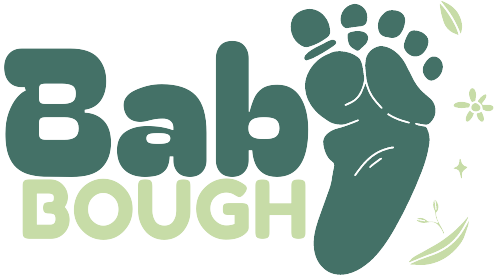
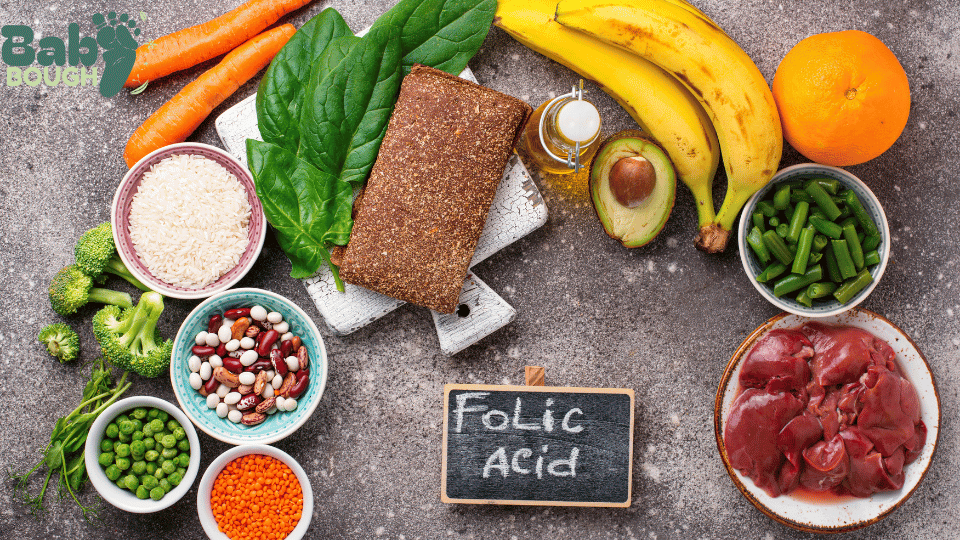
2 thoughts on “Must-Have Nutrients for a Healthy Pregnancy : Focus on Vitamins and Nutrients Like Folic Acid, Iron, and Calcium”
Comments are closed.